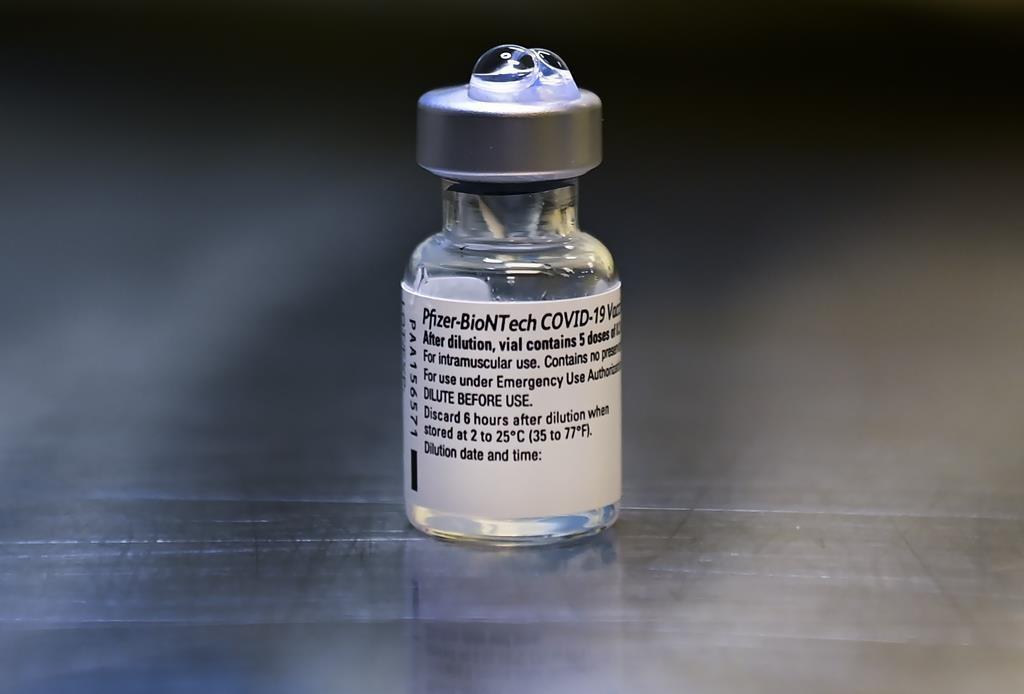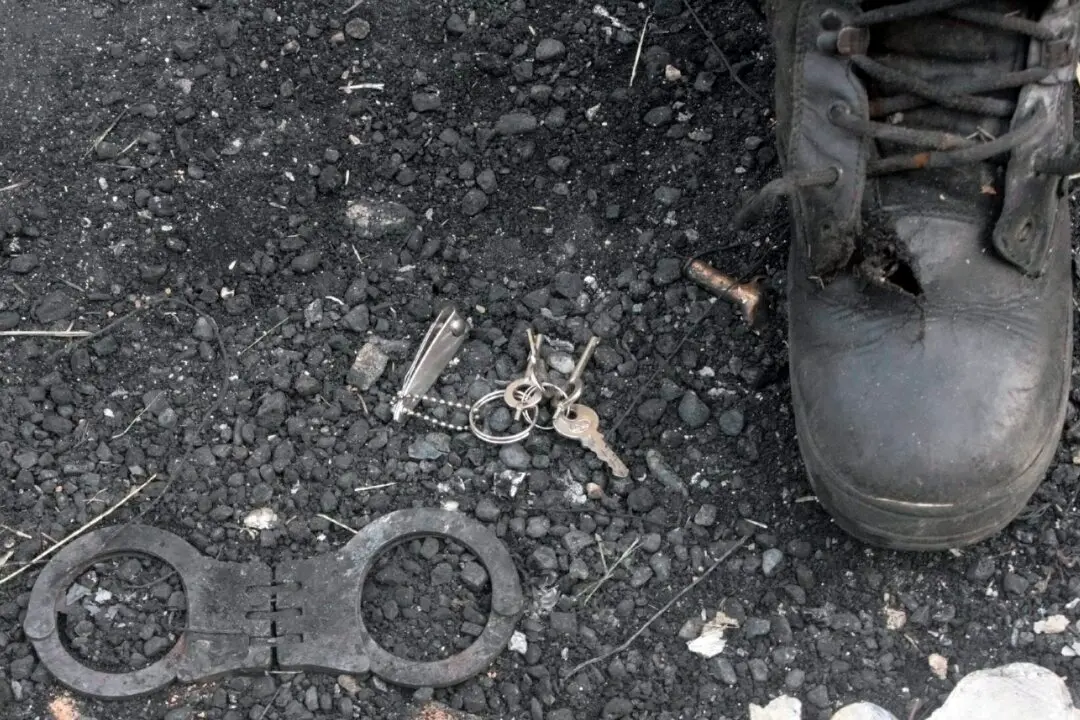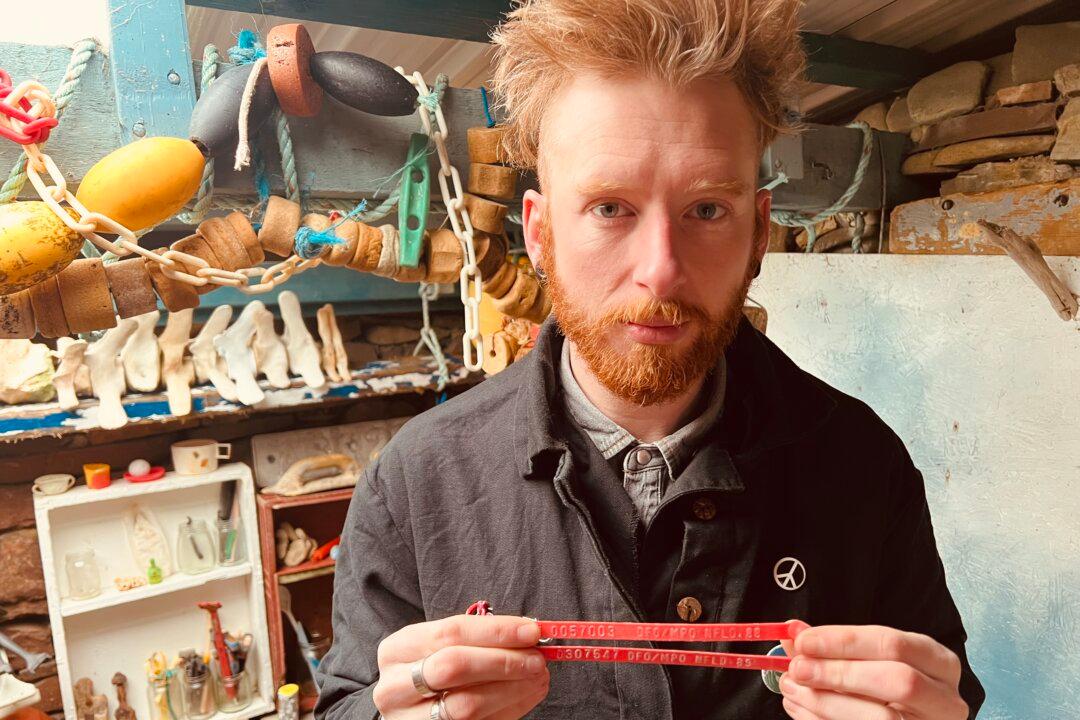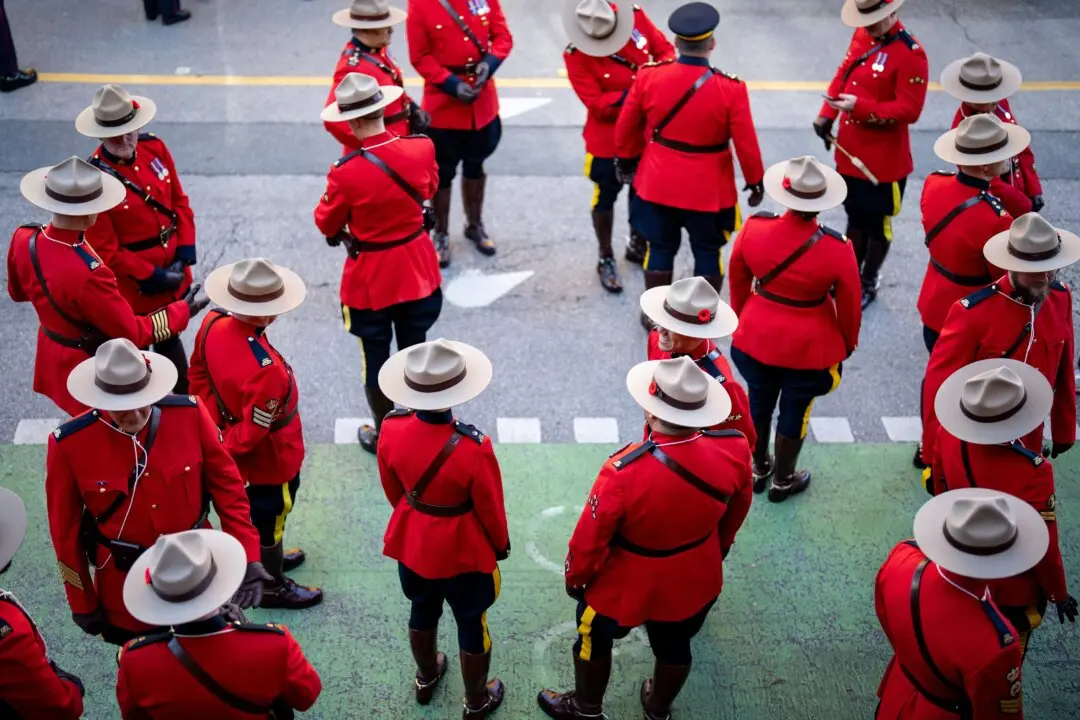OTTAWA—Prime Minister Justin Trudeau says starting next week, anyone arriving in Canada by land will need to show a recent negative COVID-19 test.
Trudeau says the new measure will kick in Feb. 15, the latest move to keep COVID-19 from spreading within Canada from people who travelled outside it.





